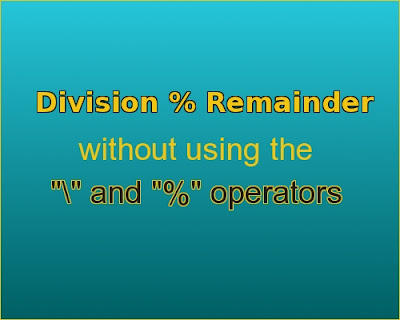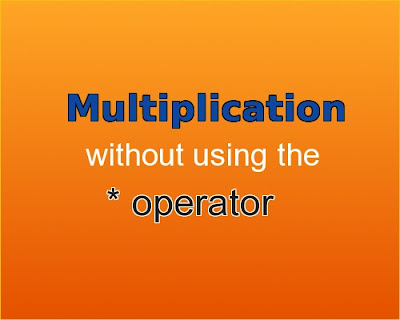Perfect Numbers
This program prints all the perfect numbers from 1 to 1000. Perfect numbers are those numbers in which the sum of the number's proper positive factors (excluding the number itself) is equal to that number.
Let's take the number 6 for example having the factors 1,2,3 and adding these factors will equate to the number itself (1+2+3 = 6).
/* Perfect Numbers show perfect numbers from 1-1000 */ #include <iostream> using namespace std; int main(void) { //variables int i,j,sumOfFactors; cout << "These are the perfect numbers:" << endl; //check numbers from 1-1000 for (i = 1; i <= 1000; i++) { sumOfFactors = 0; //look for the factors of a number for (j = 1; j < i; j++) { //check for factors and add them up if (0 == (i%j)) { sumOfFactors += j; } } //if perfect number, print if (sumOfFactors == i) { cout << i << endl; } } getchar(); return 0; }




